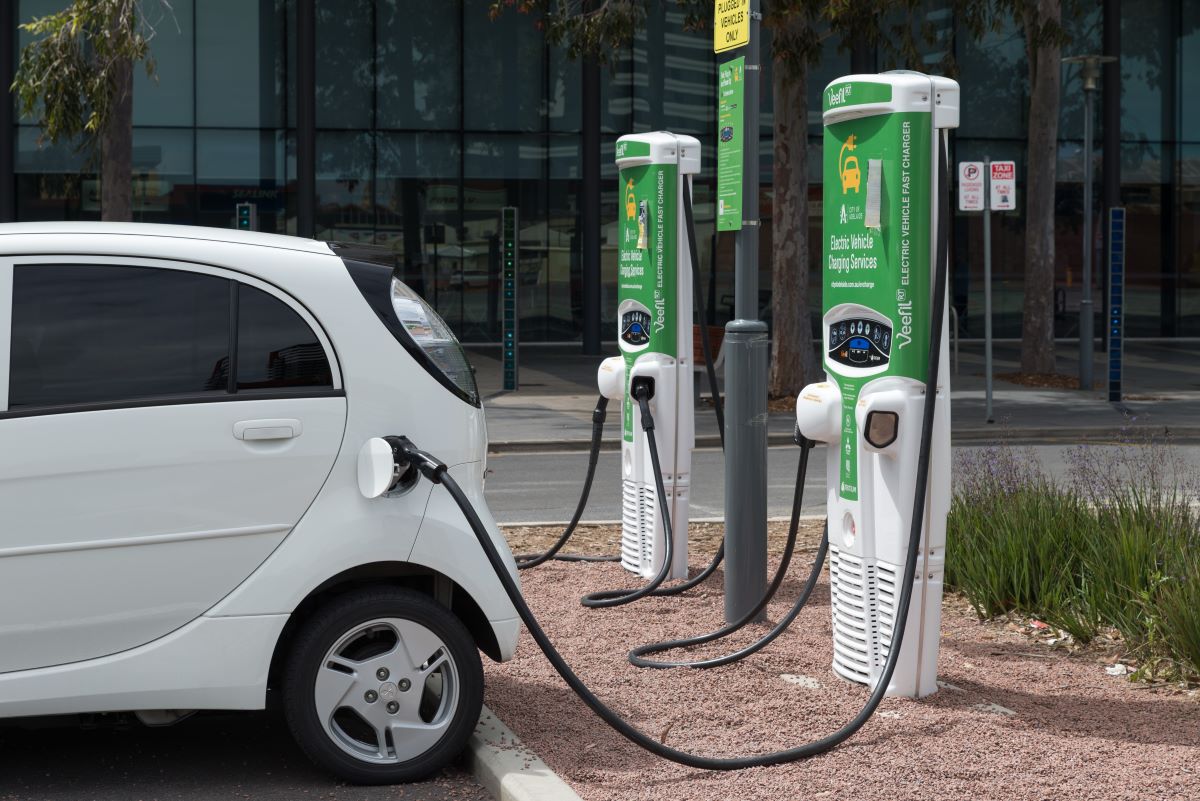Australia’s electric vehicle (EV) industry is making significant strides in 2023 as the nation confronts the pressing issues of carbon emissions reduction and the adoption of sustainable transportation solutions.
By June 2023, Australia witnessed the sale of 46,624 electric vehicles (EVs), a surge that nearly tripled the figures for the corresponding period in 2022, as per Australia’s Electric Vehicle Council. Over 68% of the electric vehicle market was dominated by just three models. They were the Tesla Model Y, Tesla Model 3, and BYD Atto 3.
Meanwhile, EVs in Australia now account for 8.4% of all new car sales in the country for the year, marking a substantial 120.5% growth compared to the entirety of last year. Additionally, every state and territory in Australia has witnessed a remarkable surge in EV sales this year, surpassing the numbers from 2022.
Leading the charge is the Northern Territory, which saw its EV market expand by a remarkable 147%. South Australia followed closely with a 143% increase, while Tasmania recorded a 142% surge.
Previously, in 2021, the nation was already one of the standout performers in the Asia-Pacific region, boasting an electric car adoption rate of approximately 3%. This trend continued to gain momentum in 2022 when a record-breaking 33,410 electric vehicles were sold across the country.
As of 2023, the market size of Australia’s EV industry is estimated at $6.38 bn, and it is projected to maintain a CAGR of 33.06% till 2028, according to Mordor Intelligence.
“Over the medium term, increased demand for fuel-efficient, high-performance, and low-emission vehicles, increasingly strict laws and regulations on vehicle emissions, declining battery costs, etc., are expected to act as primary factors driving the market growth over the forecast period,” said the market research and advisory firm.
Government policies, mineral reserves drive growth
Australia’s thriving EV industry aligns with the government’s establishment of an AU$15 bn ($9.58 bn) fund aimed at stimulating EV technology in the country. The country’s electric vehicle policies encompass a range of incentives, including subsidies, interest-free loans, registration exemptions, and stamp duty exemptions.
Besides, the adoption of plug-in electric vehicles in Australia can be attributed to state-based targets and financial incentives designed to facilitate the uptake and deployment of low or zero-emission vehicles. This is a part of the country’s plans to decrease greenhouse gas emissions to 43% below 2005 levels by 2030.
Notably, Australia unveiled its inaugural national EV strategy in April 2023, emphasising the nation’s potential to cultivate manufacturing opportunities to support EV supply, including EV parts and batteries.
Along with this, Australia boasts rich reserves of raw materials crucial for the country’s EV sector. McKinsey & Company informs that the nation accounted for 43% of global lithium extraction in 2022, most of which was exported to China. In contrast, China’s share of global lithium extraction stands at a mere 17%. Australia also has 24% of global lithium deposits, lagging only behind Chile globally.
With global lithium demand projected to grow 40 times its 2020 levels by the year 2040, Australia’s strategic lithium reserves are of considerable significance on the world stage. All in all, Australia’s lithium exports are expected to reach $16 bn in 2022-23, up from $5 bn in 2021–22.
Among other important minerals, Australia is the third largest exporter of cobalt in the world and ranks fourth globally when it comes to exporting mined copper, nickel, and rare earths.
However, challenges persist within Australia’s EV market. Issues such as infrastructure gaps, delays in connecting public chargers to the grid, and economic uncertainties have contributed to the limited availability of public EV charging infrastructure across the nation.
“Arguably, one of the significant problems to overcome in Australia…is a lack of infrastructure for power generation and EV charging…This, combined with the difficulties associated with replacing coal with renewable energy, will undoubtedly contribute to the challenge of meeting the new electricity demand created by EVs,” said Adept Economics.
“Unlike much of the world, Australians are often required to drive much longer distances, creating anxiety about the range of EVs,” it added.
Furthermore, Australia has not seen large-scale vehicle production since the closure of assembly plants by Toyota Motor and Australian automaker Holden in 2017. This is something that the Australian government would want to change in the future.


 Australia
Australia China
China India
India Indonesia
Indonesia Japan
Japan Malaysia
Malaysia Philippines
Philippines Singapore
Singapore South Korea
South Korea Taiwan
Taiwan Thailand
Thailand Vietnam
Vietnam







